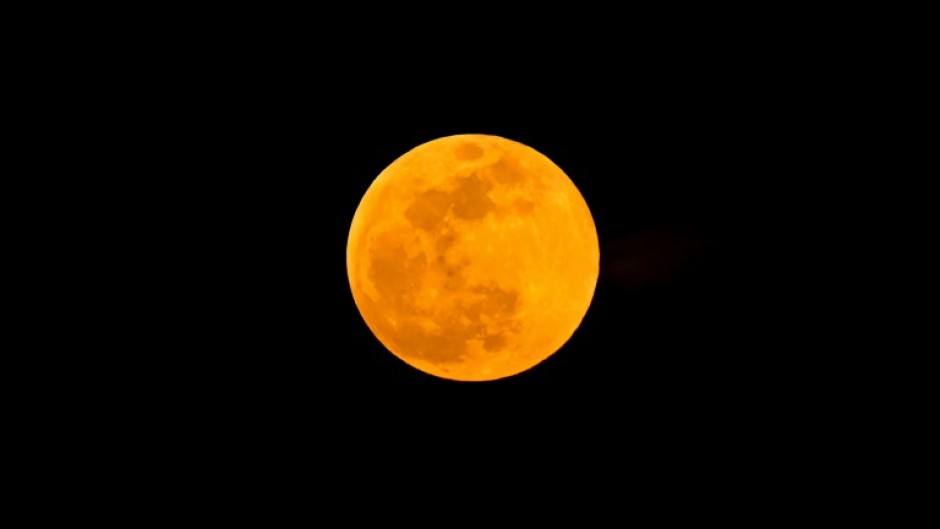WASHINGTON - The United States is delaying its planned return to the Moon from 2026 to "mid-2027," citing heat shield issues and other problems plaguing its Orion crew capsule, NASA officials said.
The announcement comes as President-elect Donald Trump prepares to take office in January and could significantly reshape the direction of the US space agency.
Artemis, named after Apollo's twin sister in Greek mythology, was unveiled in 2017 as NASA's ambitious program to establish a long-term presence on the Moon and apply those lessons to eventual Mars missions.
Its first mission, Artemis 1, was an uncrewed test flight to the Moon and back in 2022 after multiple delays.
But teams reviewing the data later learned that Orion's heat shield eroded in unexpected ways, and there were also issues with its electrical and life support systems.
"We were able to recreate the problem here on Earth, and now we know the root cause, and this has allowed us to devise a path forward," NASA Administrator Bill Nelson told reporters during a press conference.
The problems have pushed back the entire Artemis timeline. Artemis 2, a crewed lunar flyby, has been delayed from September 2025 to April 2026. Artemis 3, intended to see the first woman and first person of color set foot on the Moon's ice-rich south pole, is now slated for "mid-2027."
"That will be well ahead of the Chinese government's announced intention that they have already publicly stated of 2030," added Nelson. "The safety of our astronauts is always first in our decisions. It is our North Star. We do not fly until we are ready."
NASA Deputy Administrator Pam Melroy elaborated on the heat shield issue, explaining that during atmospheric reentry, gases built up inside the shield, creating internal pressure that caused cracking and pieces to fall away.
In addition to Orion's troubles, NASA is awaiting a modified version of SpaceX's Starship rocket to serve as a lunar lander.
Although SpaceX is making rapid progress through flight tests, it still faces significant hurdles, including proving it can perform complex refueling in orbit. The spacesuits for Artemis, developed by Axiom, also remain under development.
Trump on Wednesday nominated Jared Isaacman to lead NASA, signaling a likely shift toward even greater collaboration with the commercial space sector in his second term.
Observers anticipate sweeping changes -- from possibly canceling the expensive Space Launch System (SLS) rocket used for Artemis to scrapping the Moon mission altogether in favor of Mars.

